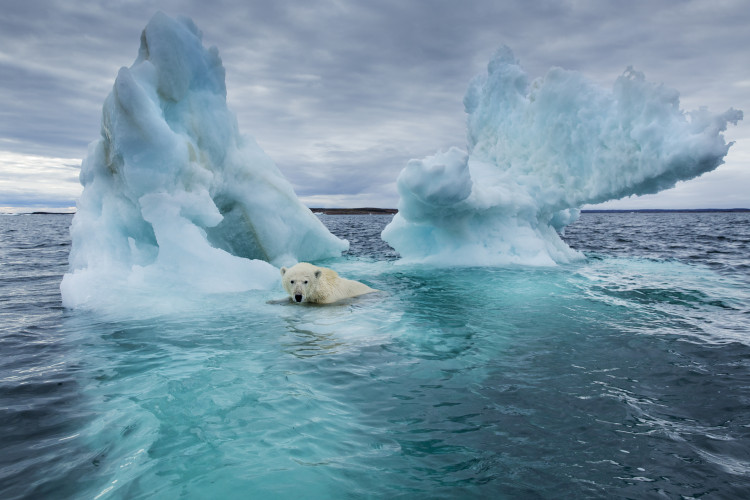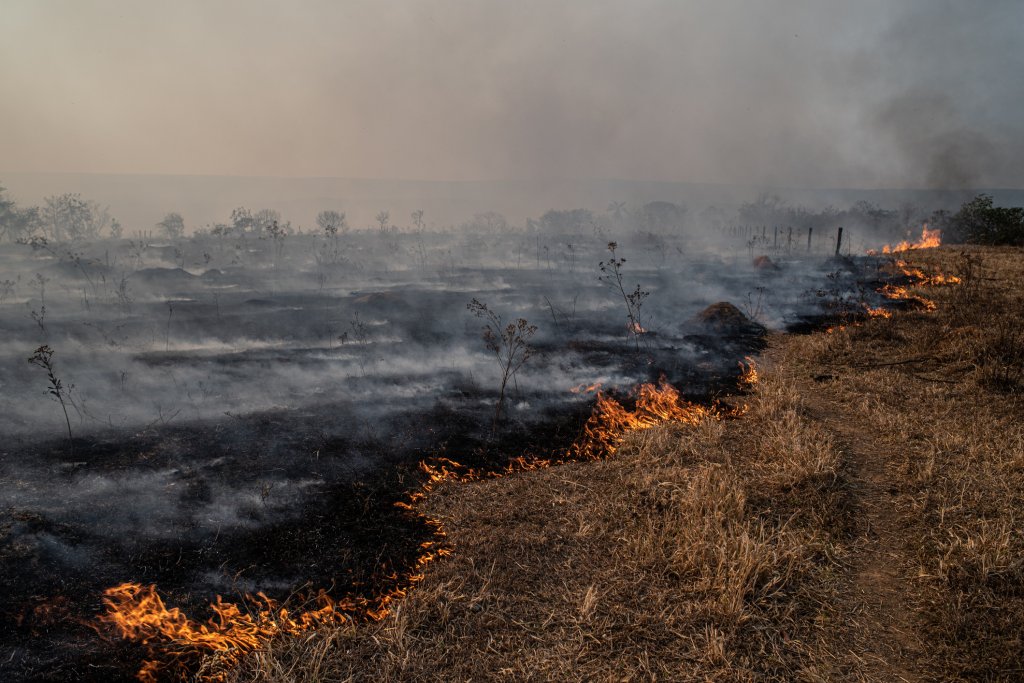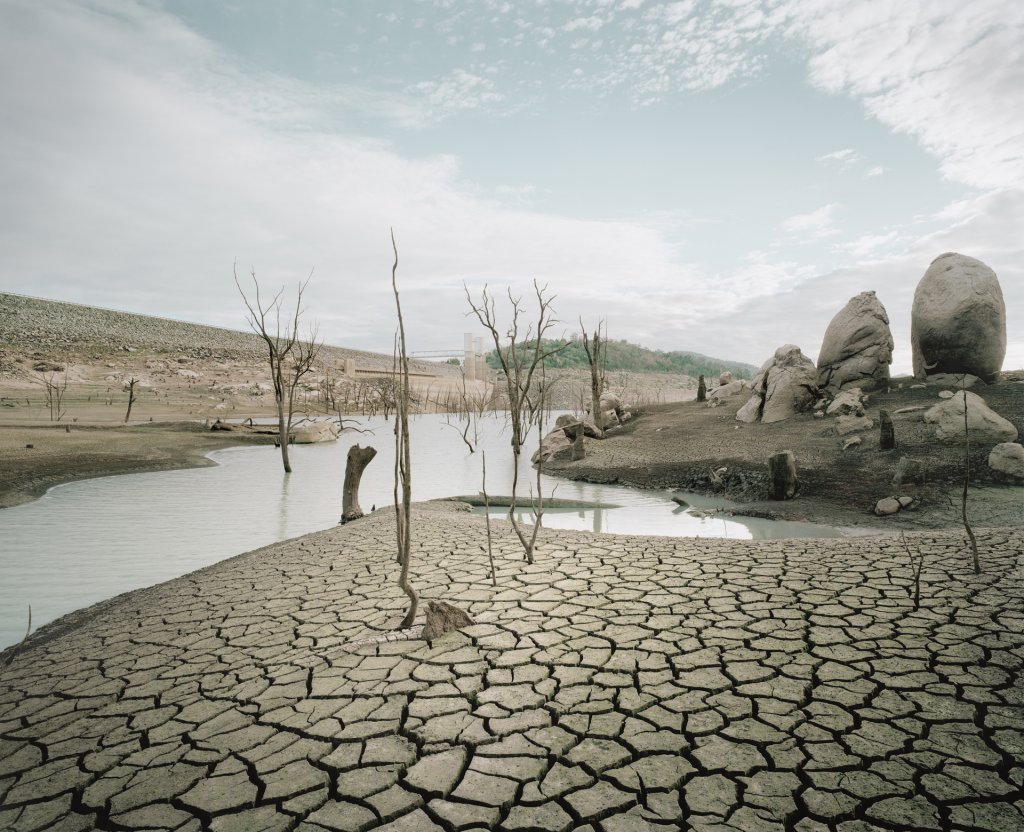Last month the latest IPCC report detailed the devastating effects of climate change that we are already witnessing around the world, warning that the window for climate action was “rapidly closing”. It should have been global front-page news. But Russia’s invasion of Ukraine understandably dominated the headlines, and the IPCC’s message was largely lost outside of environmental circles. Sir David Attenborough’s declaration that “saving our planet is now a communications challenge” has never been more evident.
The science is definitive and the overwhelming majority agree that action to protect our environment is needed, but the devil is in the details. Scientists and academics are trusted as sources of information, but distant scientific language and complex modelling isn’t what’s required when most people are distressed by brutal images of war and spiralling costs of living.
There are some already seeking to exploit this – be it trying to whip up support for a referendum or blaming net-zero goals for price rises. The combination of misinformation and misinterpretation of information is a challenge the communications industry needs to help solve, without turning into a Leave/Remain-style debate. We can respectfully discuss the best path to a green transition without losing sight of the overall goal for us all: a planet we all can safely inhabit.
Bridging the gap
Overwhelming evidence shows most people want to make sustainable choices, but cost barriers often get in the way. To bridge the intention-action gap we need to ensure messages are simple and focused – whether that’s outlining the options and benefits available to consumers, the support needed to effectively implement solutions, or the policy choices needed to drive change.
When the current news feels overwhelming, of course, we want to look for short-term wins.
Behavioural science speaks of ‘present bias’, while former Bank of England boss Mark Carney has referred to “the tragedy of the horizon”. Whatever we call it, we know that while the imperative to act on climate is beyond urgent, there will always be more immediate concerns drawing our focus. But supporting those in need of support now doesn’t mean we can’t also focus on the future.
Most of us in the communications industry aren’t geopolitical experts or climate scientists –and we shouldn’t pretend we are. But we are skilled in relating to a range of audiences and helping make complex issues, solutions and actions comprehensible, cutting through the noise with consistent information that resonates.
We tell our clients what they need to hear, not just what they want to hear. We can be clear and focused in communicating what’s needed to support climate solutions – and there’s no time to waste.
This article was first published in PRWeek on 24.03.22.
Read Hanover Strategy and Insights’ latest report What next for sustainability in business?








